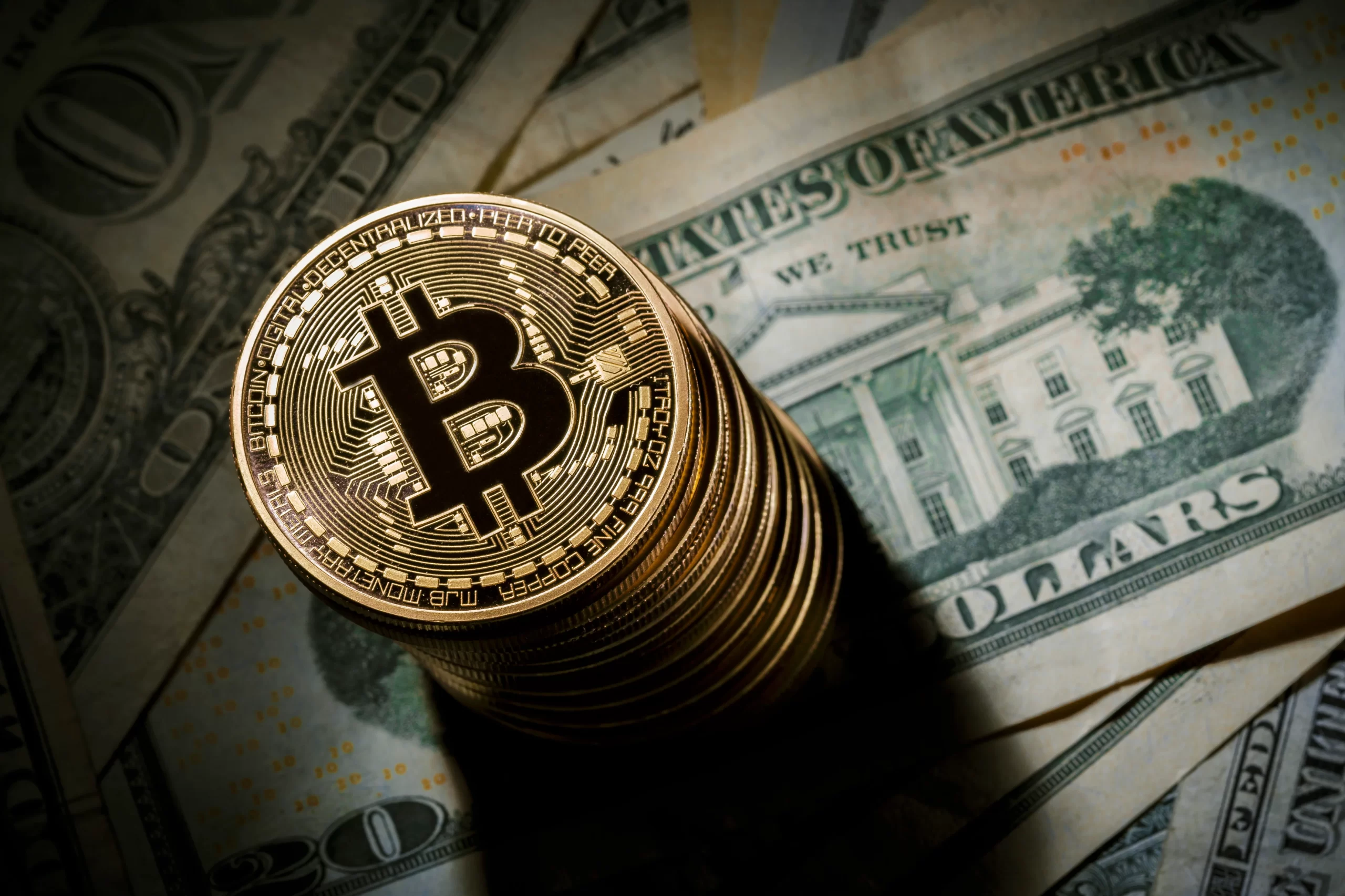
Imagine a world where Bitcoin synergy meets the blazing speed of 5G. It’s like pairing peanut butter with jelly—two powerful forces coming together to create something extraordinary. You might be thinking, “How does this combo even work?” Well, buckle up, because we’re diving into the electrifying potential of these two tech giants.
First off, let’s talk about speed. Bitcoin transactions have often been criticized for being slower than a snail on a lazy Sunday. But with 5G, we’re talking milliseconds. Picture this: you’re at your favorite coffee shop, craving that double-shot espresso. You whip out your phone to pay with Bitcoin. Thanks to 5G’s lightning-fast network, your transaction is completed before you can say “caffeine fix.” This isn’t just convenience; it’s a game-changer.
Now let’s chew over security. Bitcoin operates on blockchain technology—a fortress of encryption and decentralized networks. But even fortresses need watchtowers. Enter 5G’s enhanced security protocols. They add an extra layer of protection against cyber-attacks and data breaches. Think of it as adding another lock to your front door in a sketchy neighborhood.
Then there’s scalability—an Achilles’ heel for Bitcoin so far. The blockchain gets bogged down as more users jump on board, causing delays and higher fees. But imagine if each block could be processed faster than you can say “blockchain bottleneck.” With 5G’s massive bandwidth capabilities, scaling becomes less of a headache and more of a walk in the park.
Let’s not forget IoT (Internet of Things). We’re already living in an era where our fridges can order milk when we run out (talk about first-world problems!). Now picture all these smart devices operating seamlessly with Bitcoin payments via 5G networks. Does your smart fridge notice you’re low on eggs? It orders them automatically using Bitcoin—and they arrive before you even notice they’re gone.
And how about remote areas? Traditional banking systems often overlook these regions due to infrastructure costs or lack of profitability. But with the combination of Bitcoin and 5G, financial inclusion becomes possible for everyone from bustling city centers to remote mountain villages.
Let’s get personal for a moment—ever tried explaining Bitcoin or blockchain to someone who isn’t tech-savvy? Their eyes glaze over faster than milk left out overnight! But tell them their smartphone can now make instant transactions anywhere in the world thanks to 5G? Suddenly you’ve got their attention.
But hold your horses; it’s not all rainbows and unicorns just yet. Integrating these technologies will require some heavy lifting—think regulatory hurdles and technical challenges galore! Governments around the globe are still grappling with how to regulate cryptocurrencies without stifling innovation.
Also worth mentioning is energy consumption—a hot topic in both crypto circles and environmental discussions alike. While 5G promises efficiency improvements over its predecessors, powering an extensive network along with energy-hungry mining operations poses significant challenges.
However, there’s no denying that combining Bitcoin with 5G opens up avenues previously thought impossible—or at least improbable! Imagine decentralized finance apps running smoother than ever before or supply chains becoming transparent down to every last tomato shipped across continents—all powered by this dynamic duo!
So, where does this dynamic duo go from here? Well, let’s dive deeper into some potential applications that could redefine our digital landscape.
One fascinating area is smart contracts. These self-executing contracts with the terms directly written into code are already revolutionizing various industries. But they can be slow and cumbersome. With 5G’s speed, these contracts could execute almost instantaneously. Imagine buying a house without mountains of paperwork or middlemen. You agree on the price, hit confirm, and bam—ownership transfers in seconds.
Another promising application lies in micropayments. Traditional financial systems often make small transactions impractical due to high fees. But Bitcoin, coupled with 5G, can handle these tiny payments efficiently. Think about paying for an article you read online or tipping your favorite content creator just a few cents—all without worrying about transaction costs eating up your money.
Then there’s gaming—a sector that’s growing faster than a weed in springtime. Gamers are always looking for smoother experiences and quicker transactions for in-game purchases. 5G’s low latency paired with Bitcoin’s decentralized nature means gamers can buy that epic sword or rare skin instantly and securely.
Now let’s talk healthcare—an industry ripe for disruption. Picture medical records stored on a blockchain accessed via 5G networks. Your data is secure yet accessible to any doctor you visit worldwide within moments. It’s like having your entire medical history in your pocket but safer than Fort Knox.
And how about voting? The idea of blockchain-based voting has been tossed around for years but hasn’t gained much traction due to technical limitations and security concerns. Enter 5G: it could provide the speed and reliability needed to make secure, transparent voting a reality, ensuring every vote counts and reducing fraud risks significantly.
Financial services also stand to gain immensely from this synergy (oops, there’s that word again!). Imagine decentralized finance platforms operating at speeds comparable to traditional banking systems but without bureaucracy or geographical limitations.





